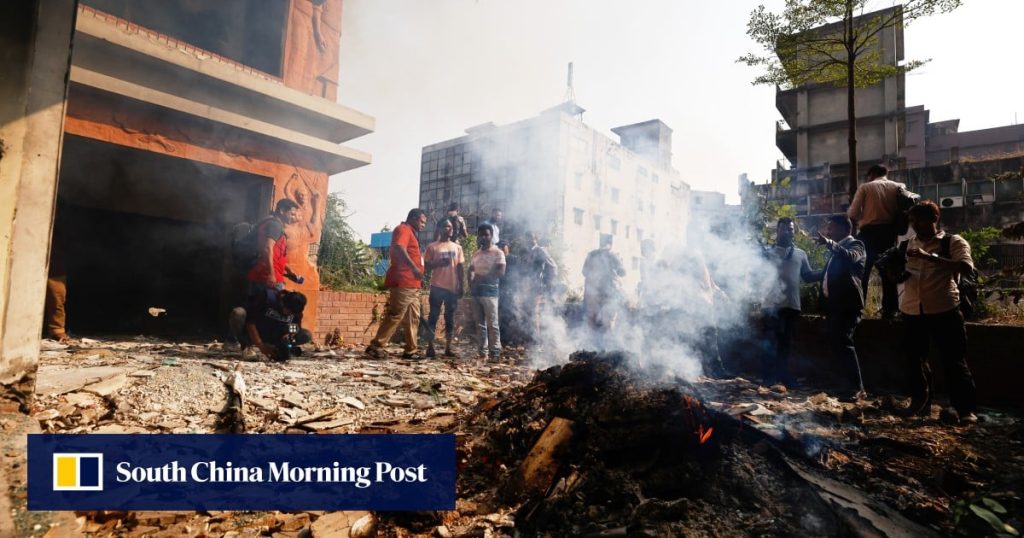The outcome could either deliver long-awaited justice for the 1,400 students killed during a brutal crackdown last year or spark a repeat of the chaos, according to analysts.
Hasina, 78, fled to India in August 2024 after ordering a violent suppression of the student protests that transformed into a full-fledged revolution, abruptly ending her 15-year rule.
Yet the path to democratic restoration has been anything but smooth. The interim administration is under pressure from all sides – resurgent Islamists, a reinvigorated Bangladesh National Party (BNP), disillusioned Gen Z protest leaders and loyalists of Hasina – all jostling for influence over the political future of the South Asian nation’s 170 million people.
Hasina is accused of authorising the deadly use of force against initially peaceful student protests, a charge she denies. The case is being heard in her absence, as she remains in self-exile in New Delhi. If convicted, she could face the death penalty.



